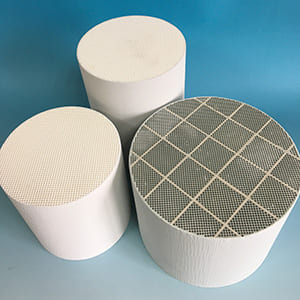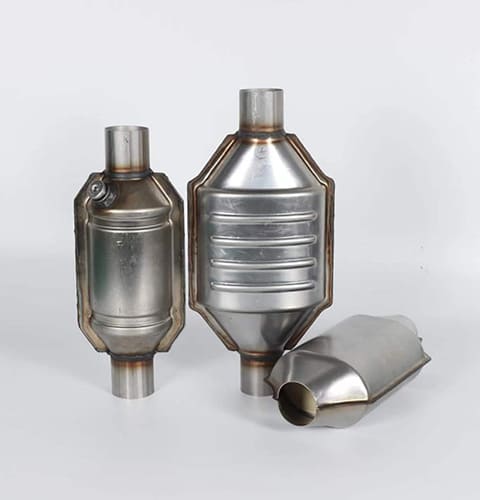Have you ever stumbled upon a deal for catalytic converters that seemed too good to be true? In today’s market, where catalytic converter theft is rampant, counterfeit converters have emerged as a significant threat to businesses. How can wholesalers ensure they are not inadvertently purchasing or distributing fake products? What steps can be taken to safeguard your business against the repercussions of dealing in counterfeit catalytic converters?
Catalytic converters are critical components in vehicle exhaust systems, reducing harmful emissions by converting toxic gases into less harmful pollutants. With the rising demand and high prices for precious metals used in these converters, such as platinum, palladium, and rhodium, the market has seen an increase in counterfeit products. These counterfeits not only fail to meet emission standards but can also cause severe engine damage, leading to unhappy customers and potential legal issues for unwary businesses.
The impact of counterfeit catalytic converters extends beyond just financial loss and potential damage to your reputation. It also undermines environmental protection efforts and can expose your business to severe penalties from regulatory bodies for non-compliance with emission standards.
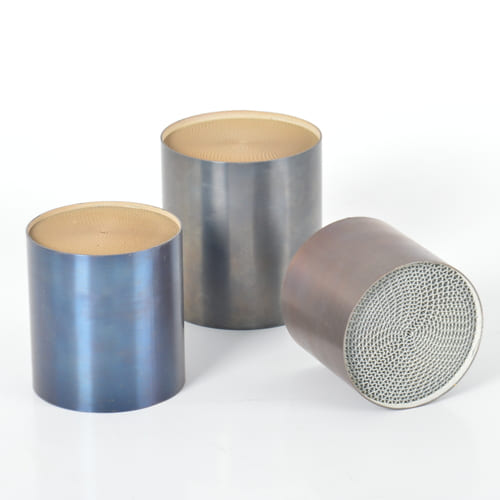
How Can You Identify Counterfeit Catalytic Converters?
Knowing how to spot a counterfeit catalytic converter is the first step in protecting your business. Key indicators include:
- Price: If the price is significantly lower than market value, this is a red flag.
- Documentation: Genuine converters come with certification that verifies they meet emission standards.
- Quality and Weight: Counterfeits often feel lighter due to the lack of precious metals and might have poor build quality. Sample test is also important before order!
- Packaging: Inauthentic products may come in unbranded or poorly labeled packaging.
It’s essential to educate your purchasing team on these signs and to establish a verification process for all incoming stock.
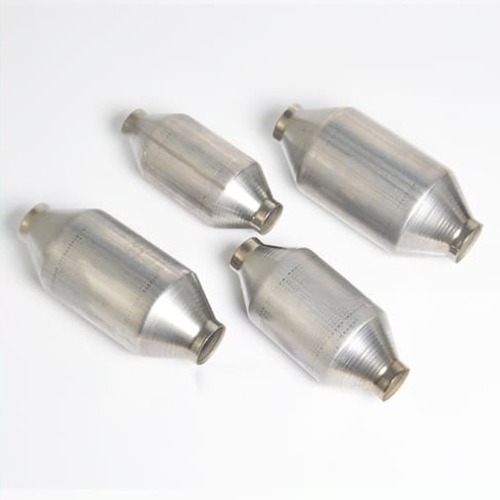
What Steps Can Wholesalers Take to Prevent Dealing in Counterfeit Products?
To safeguard your wholesale business against counterfeit catalytic converters, consider implementing the following strategies:
- Build relationships with reputable supplier: Establishing direct relationships with well-known supplier ensures a reliable supply of authentic products.
- Regular supplier audits: Conducting regular audits and requiring suppliers to provide proof of authenticity for their products can help maintain the integrity of your supply chain.
- Educate your staff: Training your staff to recognize the signs of counterfeit products and understand the importance of sourcing genuine parts is crucial.
- Use serialization and tracking technologies: Implementing technologies that track each converter through its serial number can help verify authenticity and trace origins.
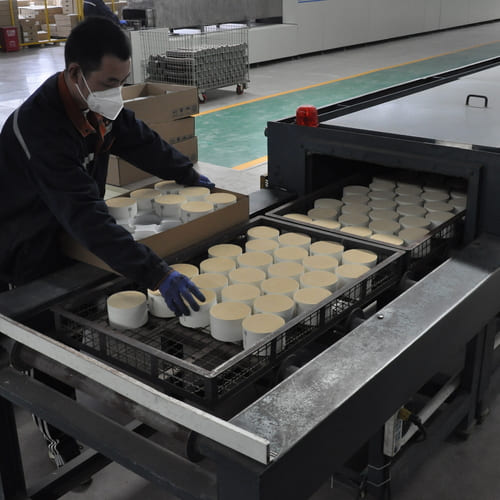
Legal Considerations and Compliance
Understanding the legal implications of distributing counterfeit catalytic converters is crucial. Regulatory bodies like the Environmental Protection Agency (EPA) in the United States enforce stringent requirements on emission control devices. Distributing counterfeit products not only risks significant fines but also legal action from customers or regulatory bodies.
Conclusion
The threat posed by counterfeit catalytic converters is real and growing. It’s imperative for wholesale businesses to take proactive steps to ensure the authenticity of the products they distribute. By investing in rigorous verification processes, educating staff, and fostering strong relationships with reputable manufacturers, wholesalers can protect their businesses from financial, legal, and reputational damage.

